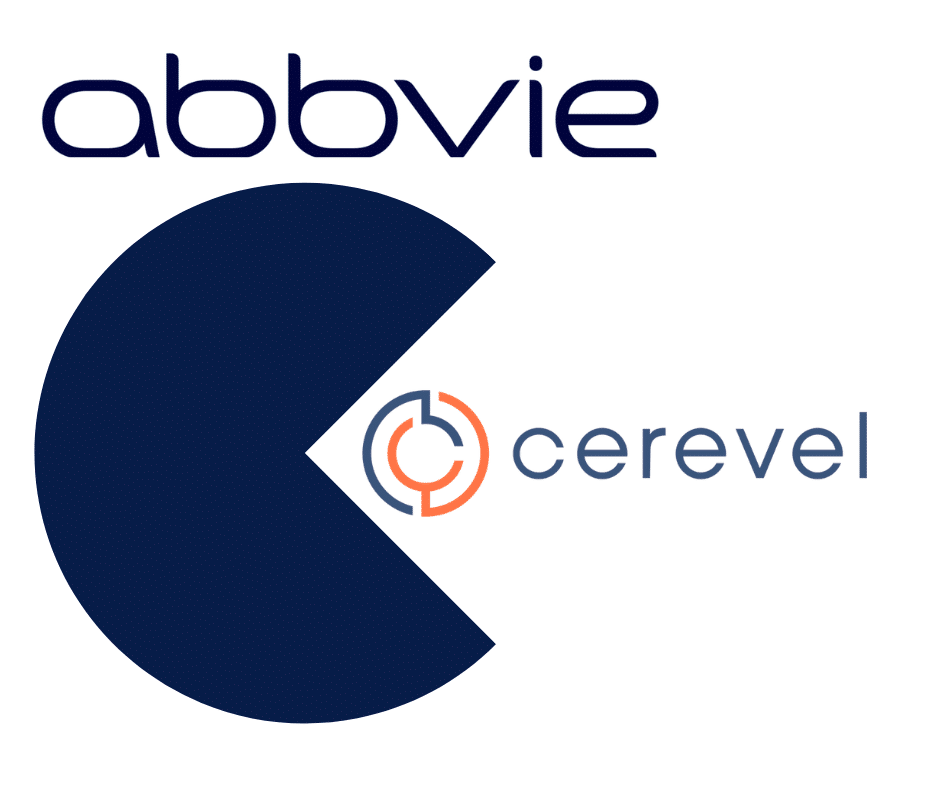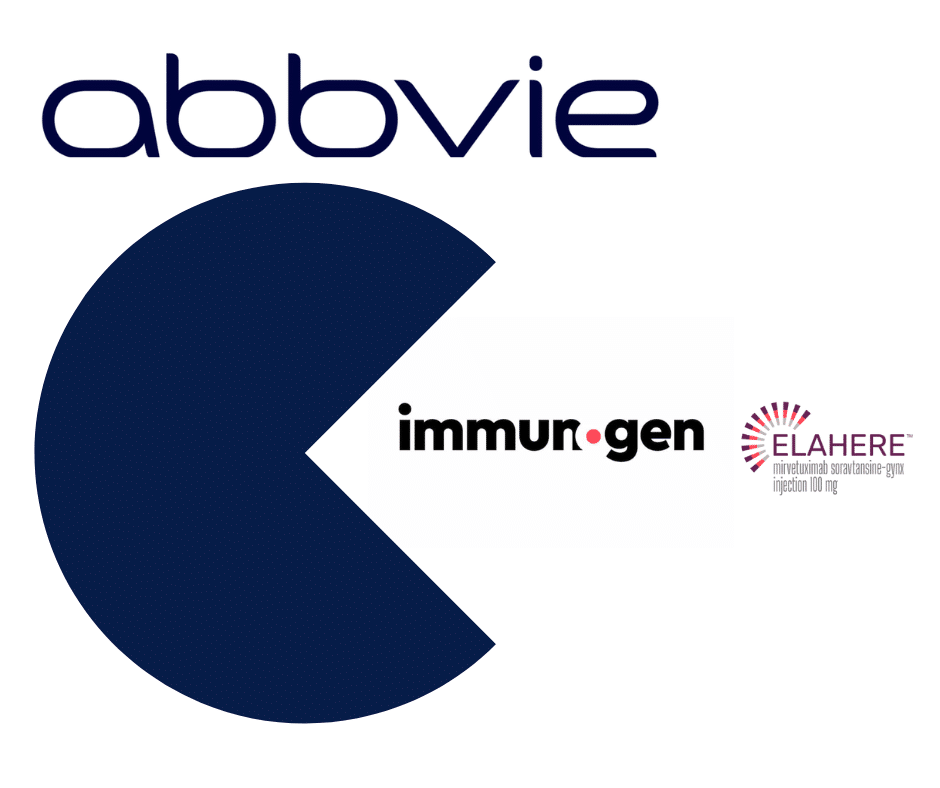Efficiency is the name of the game these days in the life sciences. With drug development being an arduous and costly endeavor, companies are looking to speed up and simplify the process by utilizing A.I in life science.
According to the Financial Times, “start-ups promising to use artificial intelligence to transform drug development are raising hundreds of millions of dollars and signing deals with big pharma.” The article points out that this trend comes amid investor weariness over small biotech companies that have one or two drugs in their pipelines.
Big Pharma stalwart Bristol Myers Squibb has already hopped on the bandwagon, signing a $1.2 billion deal with A.I firm Exscientia.
With pharma capital trending towards artificial intelligence, it can be easy to get swept up in the moment. Applying A.I to the life sciences is a relatively new trend. However, with any decision, it pays to research and evaluate a potential acquisition or partnership before signing the deal.
Snowfish has helped companies evaluate potential partnerships over its two plus decades in business. Today’s post will be a brief guide to evaluating potential A.I partnerships.
For those seeking more information on A.I’s application to the life sciences, please read our post here. In short, A.I helps companies in drug discovery and development.
In drug discovery, AI can recognize hit and lead compounds, compounds that interact with the target to produce desired biological effects.
In drug screening, AI’s ability to predict physicochemical properties, bioactivity, and toxicity can save companies millions of dollars and hundreds of hours in time by identifying the right molecules to move forward with.
Here are some things to look out for when evaluating a potential partnership with an A.I firm.
#1 The Terms
The fine print matters. Let’s examine Bristol Myers Squibb’s (BMS) deal with Exscientia. Under the terms of the deal, BMS pays $50 million as an upfront payment. Additionally, Exscientia is eligible to receive $125 million in near to mid-term milestones and further clinical, regulatory, and commercial payments.
Summing all the payments up, the deal reaches a value of $1.2 billion. Additionally, BMS agreed to pay royalties on net sales stemming from any drugs created through the partnership.
A deal including royalties may be cause for concern in the event that the drug does not sell. According to BMS’s latest 10-Q, BMS has $12.4 billion in cash. For BMS, this last term of the deal may not be problematic considering its cash reserves.
However, for other companies less flush with cash, signing a royalty clause is the wrong move financially.
#2 The Experience
While A.I firms may demonstrate promise, you should ask the potential partner about the efficacy of their technology. Specifically, has the company identified drug candidates in the past for other clients?
In addition to BMS, Exscientia has also entered a partnership with Sanofi to develop an A.I driven pipeline of precision engineered medicines.
Start-up firms are cheaper but you run the risk of the company’s technology being ineffective or the company going under in down times.
Where possible, you and your team should look for firms that have demonstrable experience helping to develop new drugs.
#3 The Timing
Just as in comedy, timing matters. During an economic expansion, A.I firms may experience a strong flow of business, making the terms of a deal more advantageous to them.
However, during a recession, when deal flow has dried up, your company can be in the driver’s seat.
When considering a partnership, consider the financial status of both you and the partner. See if a deal may be more advantageous to you.
Conclusion of A.I In Life Science
When considering a partnership with an A.I company for drug development, you must realize that this relationship is like a marriage. Your profits will have to be shared with this partner in perpetuity. The relationship is not a one time software license.
Snowfish has completed 100s of projects in over 60 disease states. We have worked with leading names such as Abbvie, AstraZeneca, Boston Scientific, and Sanofi. If you are interested in learning more about the innovative things we do at Snowfish, send us an inquiry at info@snowfish.net
Alex Fishman is a Business Analyst for Snowfish. A recent economics graduate from the University of Virginia, Alex will be entering a one year masters in finance program in the fall.
- Market Access: The Latest Hurdle for Treating Alzheimer’s and Dementia - June 14, 2023
- Rare Disease Outreach a Missed Opportunity - November 7, 2022
- So You Read Our Previous Post on Biomarkers? - August 1, 2022



